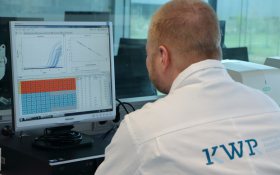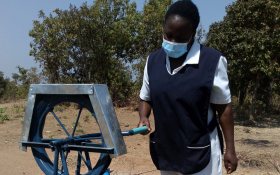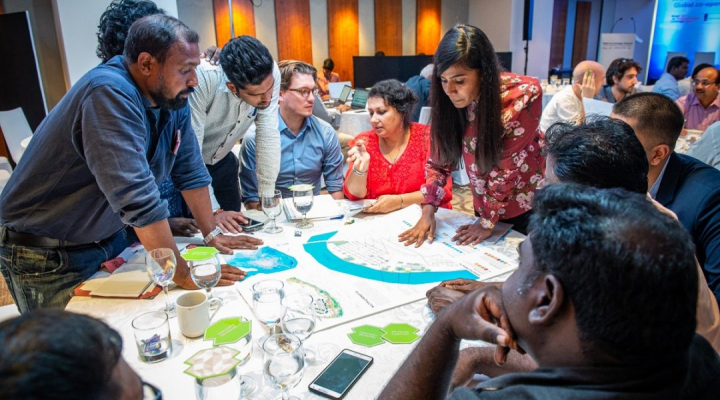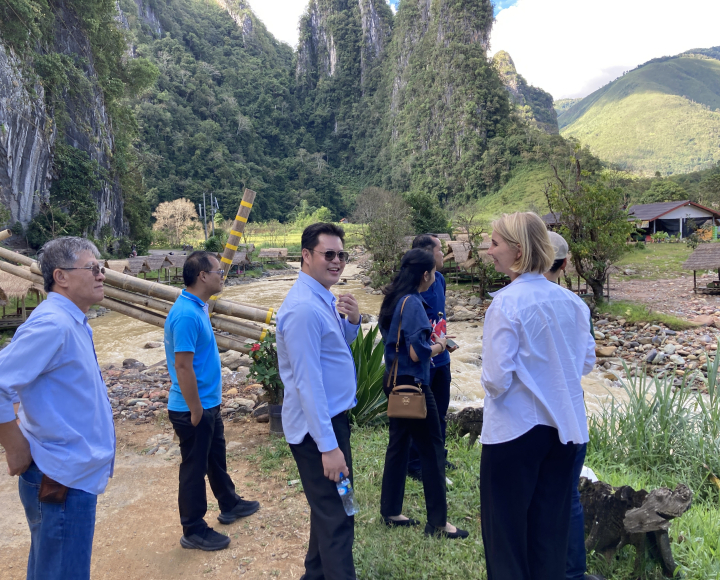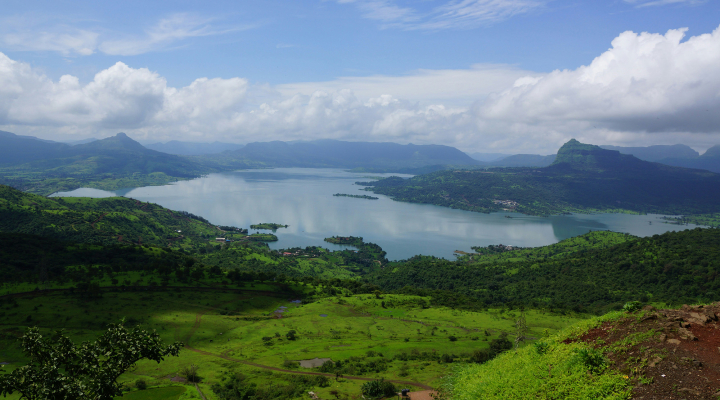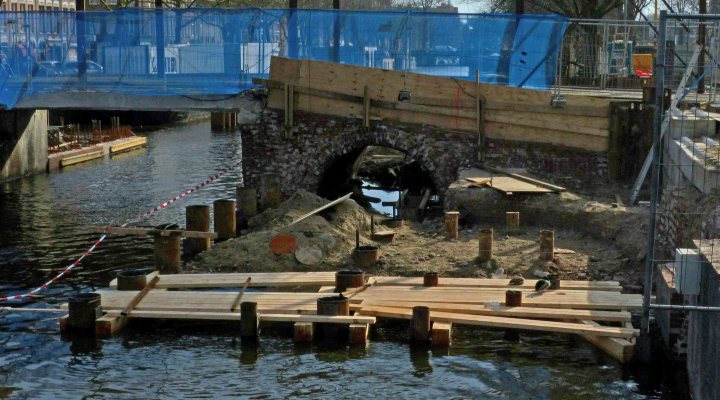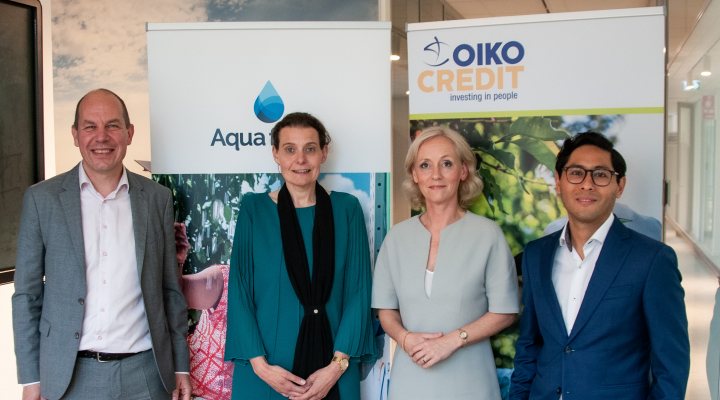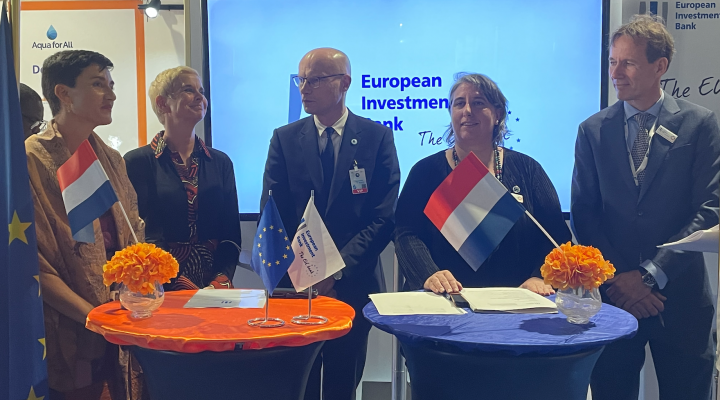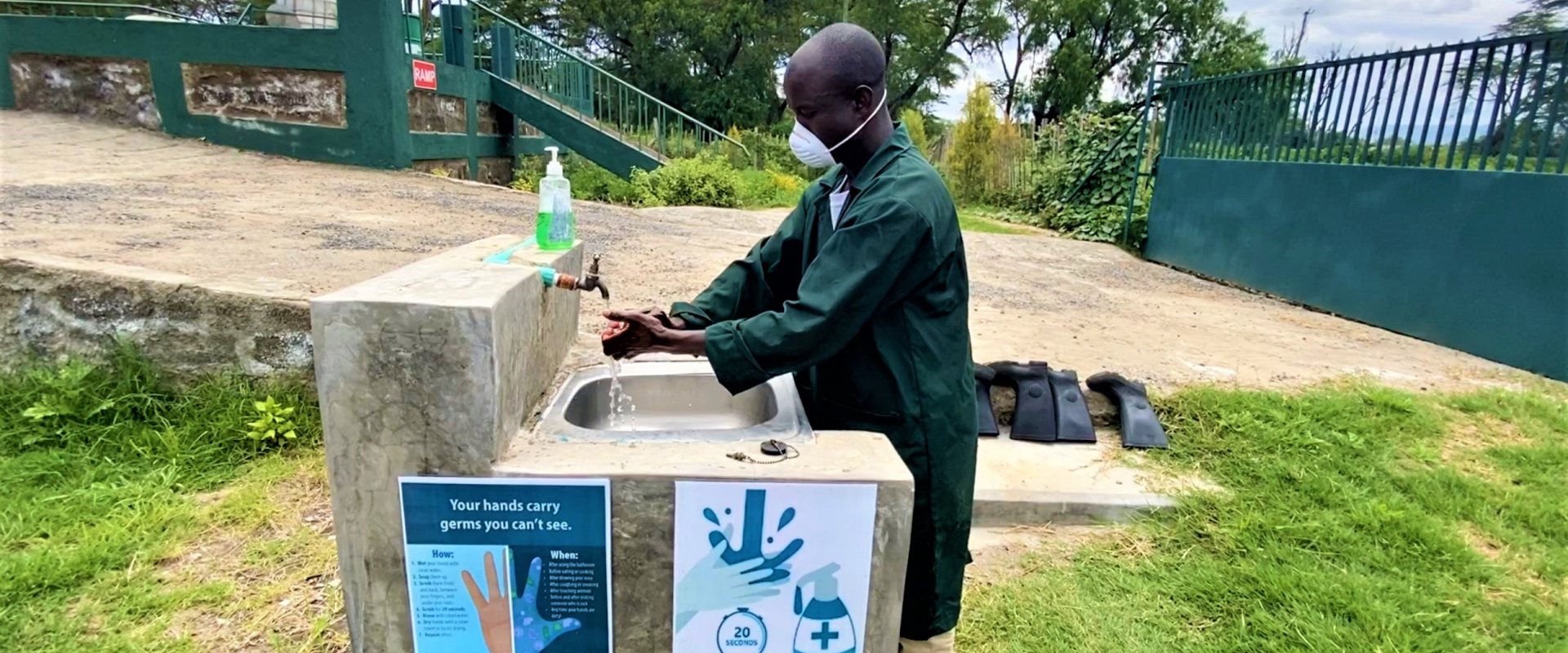
Small water providers in Africa and Asia face paradox situation
Water entrepreneurs in Africa and Asia are facing difficult times. The Covid-19 pandemic causes a higher demand for water but at the same time their incomes go down.
Not-for-profit organisation Aqua for All draws attention to this paradoxical situation.
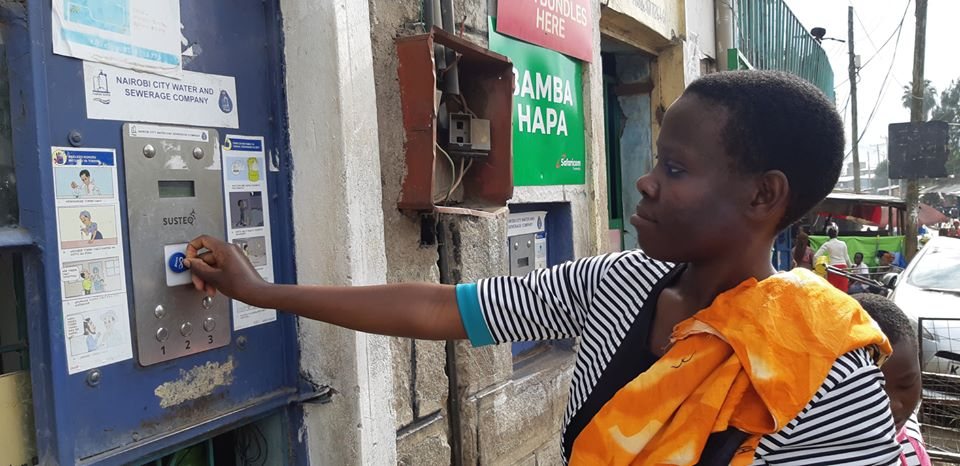

Unprecedented times
Water SMEs in Africa and Asia are facing unprecedented challenges. Aqua for All did an inventory on the impact of Covid-19 on the work of small and medium water entrepreneurs that participate in their WASH-programmes. The inventory shows that water demand has grown due to more handwashing among others.
Consequently, water supply capacities are stretched to near breaking point. This imposes extra operational costs, especially for small-scale providers, such as more pumping hours, frequent breakages, high power bills, and costs for expanding storage capacity and setting up handwashing stations.
These costs cannot be met by the current service tariffs.
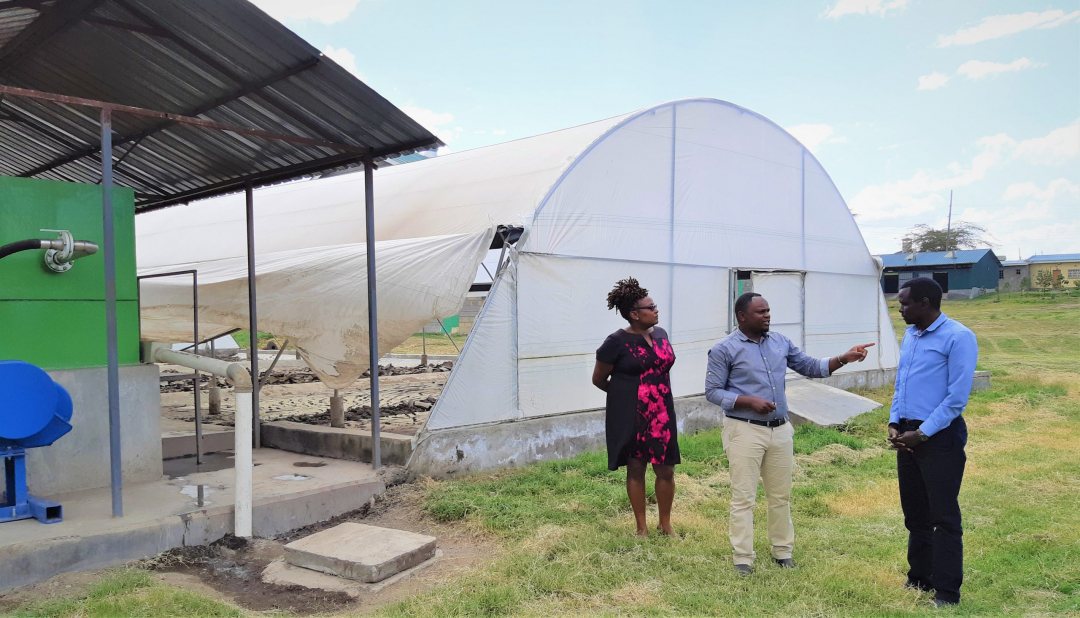

Water supply by decree
Paradoxically, this increase in supply does not necessarily means SMEs generate more income. On the contrary, Aqua for All’s advisor Joshua Kibet in Kenya reports. According to Kibet, SMEs in Kenya serve mostly people with low incomes who are often out of work since the outbreak of the Covid-19 pandemic.
These customers cannot pay for the water service or cannot pay their bills on time because immediate costs for housing and food comes first. At the same time the government decree that all Kenyan people must be supplied with clean water, forces the SMEs to continue their supply.
Surviving mode
Working from his temporary office at home, Kibet notices that the water sector in his country has quickly switched into a crisis mode. The focus is now on surviving the crisis and providing continuous access to safe water and sanitation.
Kibet draws attention to the critical situation for the small water suppliers. In Kenya SMEs provide essential services to about thirty million people (70 percent) in rural and peri-urban areas not served by public utilities.
According to Kibet the small water suppliers are part of the frontline work in the fight against Covid-19. He warns that without emergency subsidies, essential water service delivery to millions of people is at risk. In the long term, he expects that the situation will result in a widening of inequalities in the level of access to water and sanitation, and quality of servic. Especially for people with low incomes.
Read the full blog by Josua Kibet of Aqua for All in Kenya.




